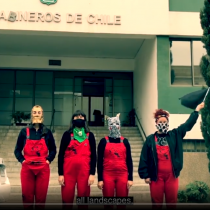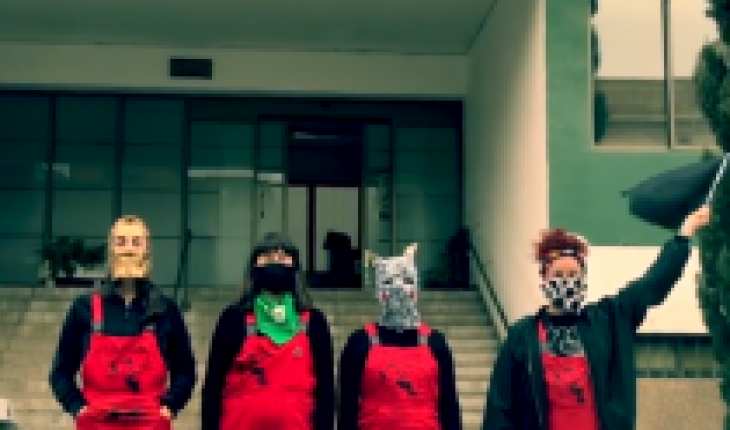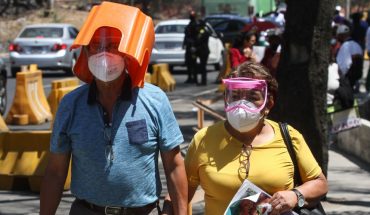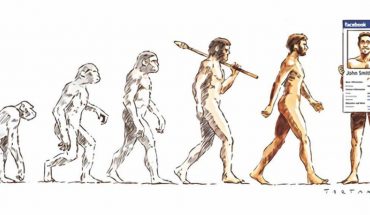
On Tuesday, June 16, we learned through the press the complaint filed by Carabineros de Chile with the Prosecutor’s Office of Valparaiso against the artistic and feminist collective “Las Tesis” for the crimes of attack on authority and threats.
The action is motivated by a phrase in a video posted on social media last May 27 in which they point out in reference to Carabineros: “They persecute us, block the exits of our houses, provoke, infiltrate like Protestants and start burning everything. They parade armed on our streets. They throw gases, they beat, they torture, they rape, they destroy us, they blind us, the government does not listen and renew the weapons of the police. Fire to the pacos, fire to the yuta.” (Sic.).
It should be noted that the fragment is part of a manifesto that is inserted into a long narrative accompanied by audio and images of a performance alternated with the appearance of a representative of Pussy Riot, in which a history of death and torture of women resulting from police abuse throughout Latin America is reported.
Beyond the legitimate right of Carabineros de Chile to enter into a judicial process in defence of institutional interests, we believe that there are some important considerations that must be had in view when assessing this case.
Suddenly, any examination of the crimes charged against “The Thesis” must be made in the light of the right to freedom of expression, enshrined in article 19 No12 of our Constitution and in a series of international human rights treaties ratified by our country, and to the role that this right plays in our rule of law. According to the latter, any assessment made by the court of these crimes must be framed by the principle of constitutional supremacy provided for in our Constitution, according to which the extent of these criminal figures and the legal assets that are precautionary must conform to the hierarchically superior value that fulfils freedom of expression.
This certainly does not mean that there is no limit to the abuse of freedom of expression, but that this limit must be drawn by properly appreciating the extent of this right from the liberal and democratic function it fulfils in our society.
With regard to the liberal perspective of the crime of threat that would be attributed to “The Thesis”, the reflection that the jurist Owen Fiss makes on freedom of expression in his text “A freedom both personal and political” is particularly attelent, noting that the interference of society in the freedom of individuals is only possible if harm occurs to third parties , stating that a sound liberal doctrine of this right implies that freedom of expression can be restricted when expression is transformed into harmful action. To do this, Fiss refers to a passage from John Stuart Mill’s On liberty, noting that to draw the border it is necessary to distinguish between freedom of expression and direct and immediate incitement to harmful action: “The view that wheat traders are the ones who kill should not be hindered when it simply circulates through the press , but it may incur punishment when such criticism is faced with an excited crowd that is gathered in front of the house of the wheat dealer.” (Legal Journal of the University of Palermo, year 6 No1, 2005, p.41).
In this sense, it is not only not enough to promote harmful action to determine the abuse of freedom of expression, but there must be a direct and immediate link between expression and action which has to be assessed in a particular context to allow a causal assertion to an inciting to a harmful action, which would not be verified in this case.
For the same reason, seeking to restrict freedom of artistic expression through a crime of danger – such as the crime of threats – represents a doctrine unsuitable for the liberal function of freedom of expression.
The same can be said for the alleged attack on authority by “The Thesis”. Indeed, that crime, which seeks to protect public order as a legal good under the principle of authority, must also be assessed from a democratic perspective which complies with freedom of expression in a rule of law.
In this sense, it is especially necessary to have in sight the doctrine established since 1964 by the United States Supreme Court in the New York Times v. Sullivan case, which rejected the lawsuit filed by police commissioner Sullivan for an insert in the New York Times that was offensive to the authorarguing that in a democratic society that performs a public function is particularly subject to public scrutiny and, consequently, to a higher standard of tolerance against statements that are offensive to authority.
The historical consequences of this court ruling are still present, and have served as a protection for other cases of artistic expression that have contemplated offenses against the police, such as the song Cop Killer of the punk and African-American group Body Count, estimating that his explicit and violent apology against the police was covered by the right to freedom of expression in the American Constitution.
In another order of consideration, it is important to bear in mind that the Inter-American Court of Human Rights (both in Kimel vs. Kimel. Argentina, as in the alcibiades vs. Ecuador), warned of the consequences of criminalizing the alleged abuses of freedom of expression, noting that they have a silencing effect on all persons who are subjected to constant self-censorship in the face of the denunciation of public officials, a particularly sensitive issue in human rights when it comes to making visible forms of victimization of women by the police who have remained silenced throughout the Americas.
The latter is particularly important, in a global context where critical examination of forms of police abuse against minorities is currently being carried out. Police abuses for which we know that our country is no exception as demonstrated by the events that followed October 2019 or the sustained cases of unnecessary violence against members of Mapuche communities. Both, of course, duly documented.
In short, the transit from legitimate government to tyranny is always possible, but it is facilitated where public criticism is unincentily. For this reason, a democratic society that enjoys good vitality requires a broad protection of the freedom of artistic expression since it serves as an encouragement to public debate, which allows to perfect – in this case – the role that our policemen must play.
The content poured into this opinion column is the sole responsibility of its author, and does not necessarily reflect the editorial line or position of El Mostrador.





